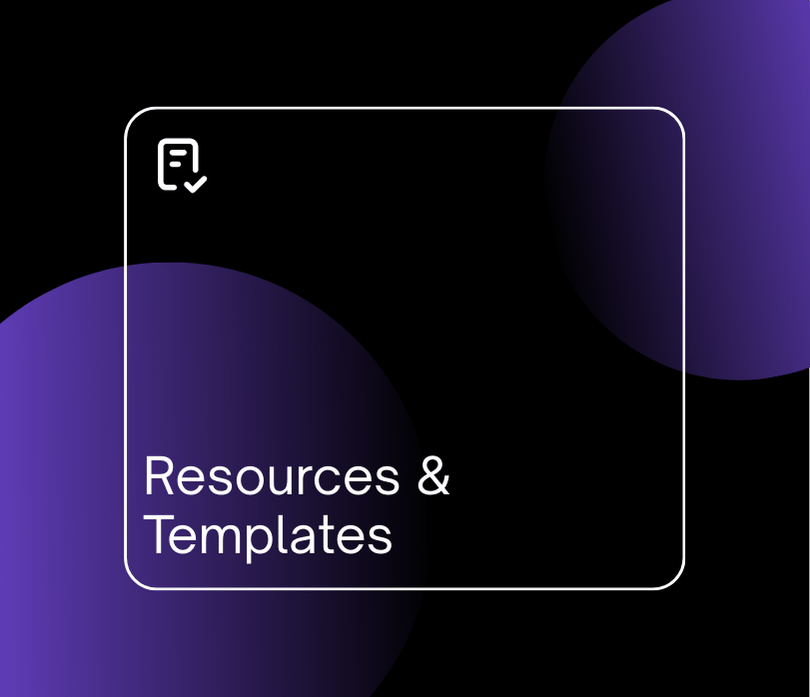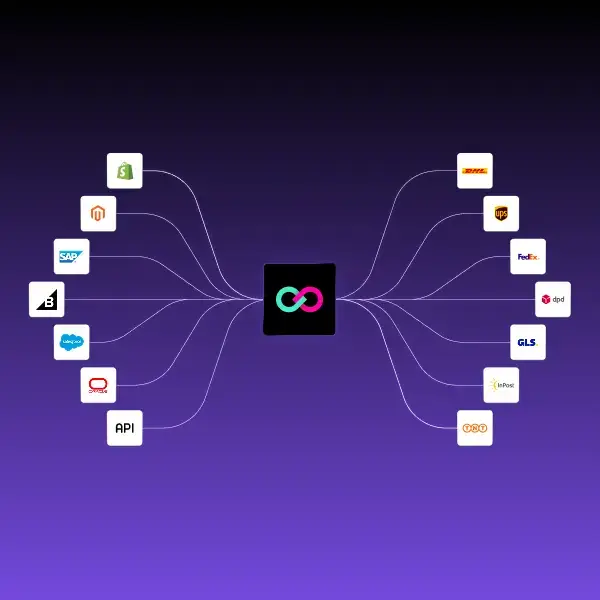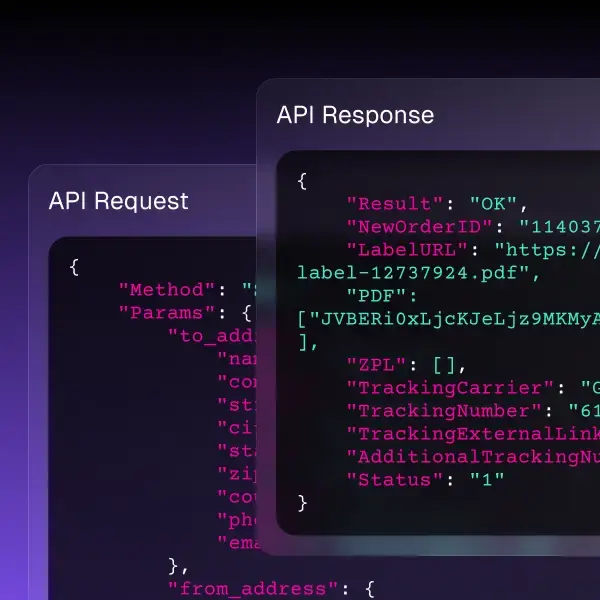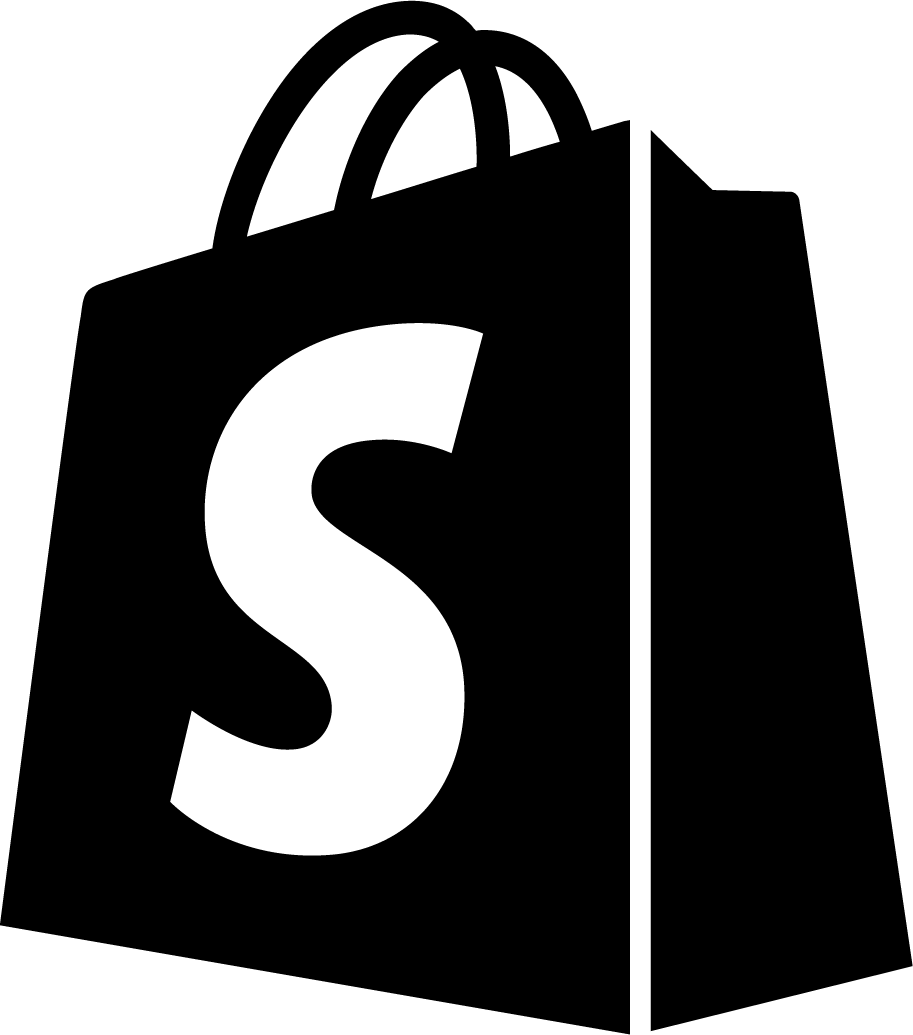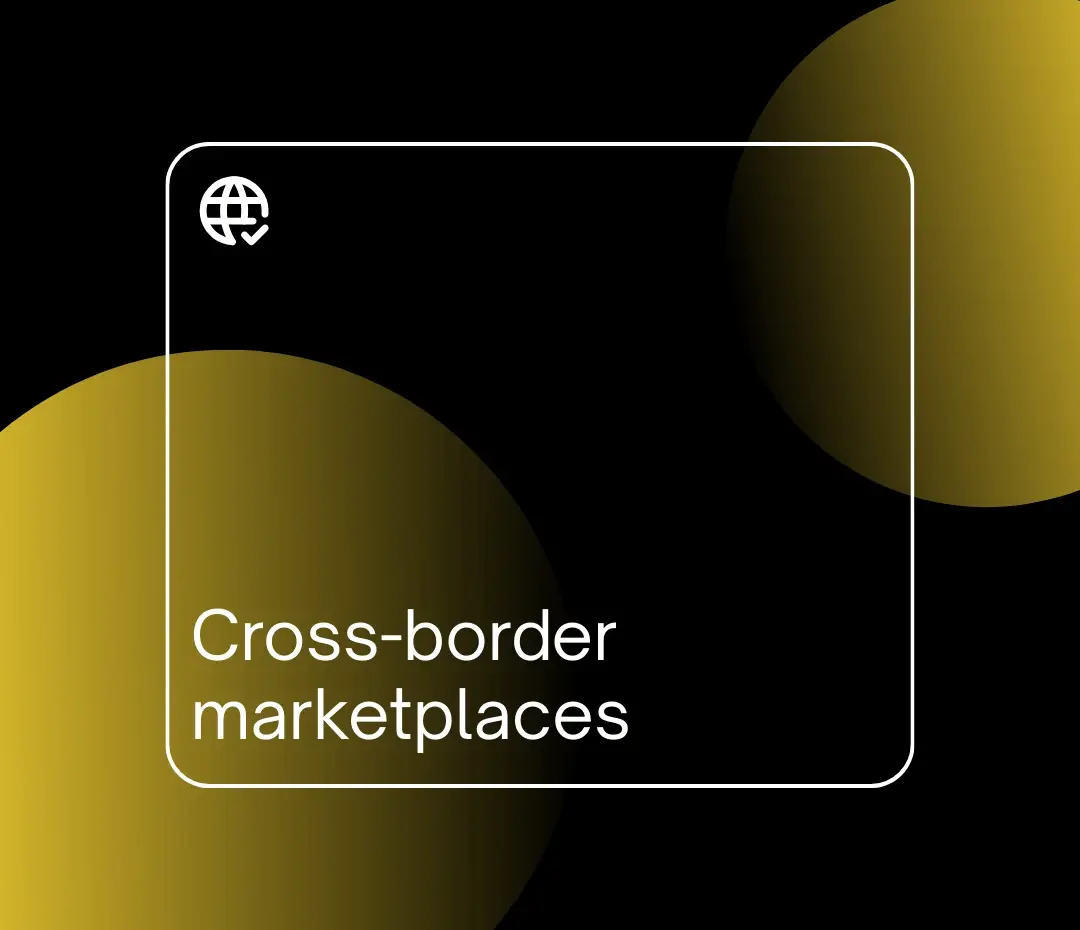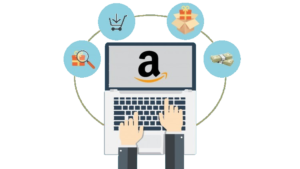Using Amazon FBA or 3PL to Fulfill Orders: Which is Better?
FBA and 3PL Explained
So what is the difference between FBA and 3PL? And more importantly, you’re probably wondering which is better?
Third Party Fulfillment, or 3PL, is a flexible fulfillment option where you may move fulfillment to an operating partner.
Fulfillment by Amazon, or FBA, is a service that allows you to ship your products directly through Amazon for distribution.
Businesses benefit from 3PL because:
-
- Most 3PLs support multiple sales channels
-
- You can choose from multiple shipping carriers
-
- Storage costs are usually cheaper than warehousing yourself
- Most 3PLs can process orders and distribute them more quickly than you could manually

Businesses benefit from FBA because:
Amazon FBA offers a handful of benefits that can help sellers increase their revenue. For example, Amazon FBA products sell more quickly, are fulfilled more quickly, and have lower return rates per product, despite higher product sales. You earn less per sale due to higher costs, but with a higher volume of sales, you increase your product sales velocity, boosting your total revenue. How? Many Amazon FBA products qualify for Fulfilled by Prime, allowing more than 66 million Amazon Prime members to get free 2-day shipping.
Some more benefits include:
- FBA ships quickly, which boosts customer satisfaction
- Amazon directly handles customer complaints and returns
- Amazon offers transparent fees so you can easily calculate costs
- Amazon offers multi-channel fulfillment
- FBA includes international fulfillment if you sell in different countries
- FBA products receive additional exposure through Prime promotions
However, there are some cons to both.
Most retailers are primarily concerned with the costs associated with switching to 3PL. Because you do not own in-house costs, you pay per month and per product. In most cases, some fees that you will have to pay include setup, receiving, storage, fulfillment and shipping.
On the other hand, some sellers are hesitant to use FBA due to concerns over the service. For example, when Amazon ships your product, it might not be the same product that you shipped to Amazon.
If you aren’t selling private label products, Amazon will simply pick that product from any warehouse nearest to the buyer and ship that to them. This reduces costs and improves shipping speed, but it greatly reduces your ability to control quality. You also get minimal order customization. For example, Amazon ships FBA products in Amazon-branded boxes with no inserts or custom packaging, reducing the impression of your brand. From the customers’ perspective, they are buying directly from Amazon. (However, this can be a good thing because if something goes wrong, it goes directly to Amazon’s customer service, reducing the burden on your business.)
Now which fulfillment strategy is the best choice for your business?
Every fulfillment option has its pros and cons and it’s important that you review them to make the best decision for your business. However, there is no “one” best solution. Most e-commerce stores benefit from a careful mix of fulfillment solutions designed to reduce costs, maximize sales, and ensure that customers are as happy as possible.
It’s also important to consider costs. Amazon FBA and 3PL have a variety of costs depending on the services you are paying for, some requiring a one-time payment and others requiring monthly payments. It’s important that you balance expenses to ensure that the solution you choose is cost-effective.
For most sellers, 3PL and FBA represent solutions that can help you reduce shipping costs, improve fulfillment speed, and improve customer satisfaction. However, there is no absolutely right answer for every business, so you must choose the best option for your specific needs, budget, and sales volume.
ShippyPro is the complete shipping software for online and offline retail. With Label Creator, Track & Trace, Easy Return and Analytics features, our software simplifies your shipping operations. ShippyPro integrates with over 180 carriers and 80 sales channels, making it compatible with a wide range of products and use cases.

